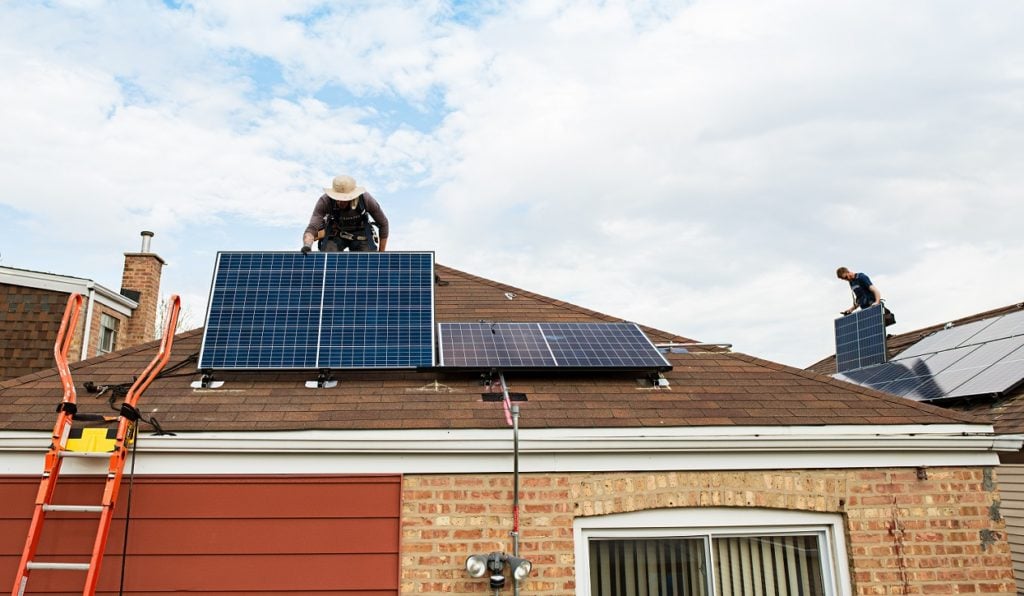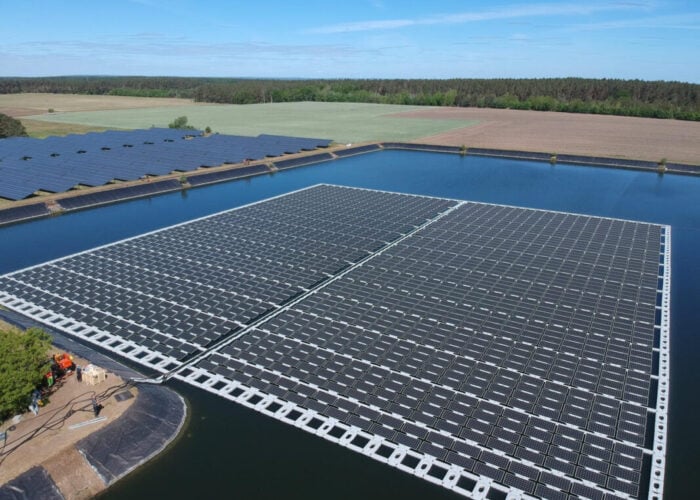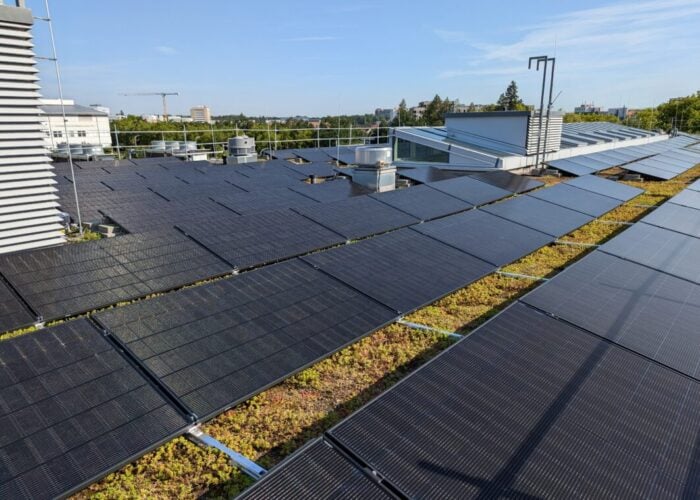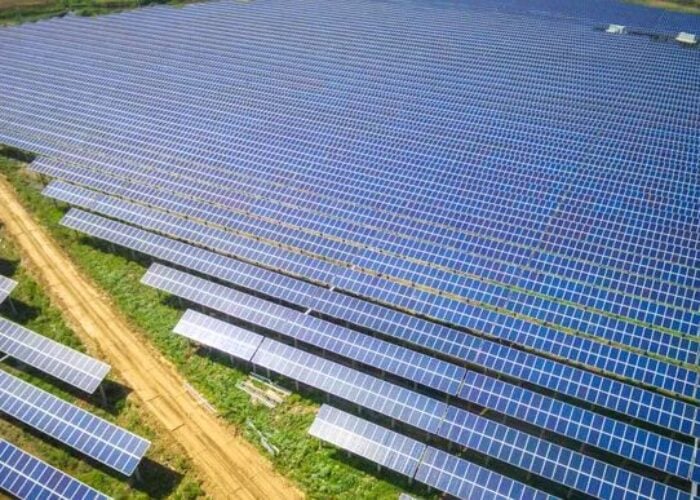
Net meting for rooftop PV is ending in Indiana through a policy change that critics have warned will make solar uneconomic for most families and businesses in the US state.
Indianans who pay an electric bill to one of the state’s five investor-owned utilities – Duke Energy Indiana, Indiana Michigan Power, NIPSCO, CenterPoint or AES Indiana – are no longer allowed to participate in net metering when they install rooftop solar or other types of distributed generation, according to Solar United Neighbors.
Unlock unlimited access for 12 whole months of distinctive global analysis
Photovoltaics International is now included.
- Regular insight and analysis of the industry’s biggest developments
- In-depth interviews with the industry’s leading figures
- Unlimited digital access to the PV Tech Power journal catalogue
- Unlimited digital access to the Photovoltaics International journal catalogue
- Access to more than 1,000 technical papers
- Discounts on Solar Media’s portfolio of events, in-person and virtual
The nonprofit organisation said utilities will replace net metering with an excess distributed generation (EDG) policy that credits new solar customers at a dramatically lower rate for the extra electricity they generate and share with their neighbours.
Laura Ann Arnold, president of Indiana Distributed Energy Alliance, said the changes “will decimate the nascent Indiana rooftop solar industry by discouraging Hoosier ratepayers who want to install solar to reduce their electric bills”.
A broad coalition of environmental and solar advocates have joined forces to condemn the policy and urge Indiana policymakers to take immediate action to increase compensation for customer-owned solar generation.
By allowing net metering to expire, Indiana “is taking a huge step backward”, said Zach Schalk, Indiana programme director for Solar United Neighbors. “Rooftop solar is a powerful tool to enhance the reliability and resiliency of the electric grid. It makes no sense to eliminate net metering as grid operators are warning of electric capacity shortfalls and the threat of rolling blackouts.”
There is also a dispute over how the EDG credits are calculated, according to Solar United Neighbors, which said solar customers, developers and installers are in limbo as a critical aspect of how their electric bills will be calculated remains pending in the courts.
The news comes after California authorities decided earlier this year to indefinitely delay a decision on changes to the state’s net metering laws that would have slashed solar export credits and added a monthly charge for residential solar systems.
In Florida, meanwhile, the state’s governor, Ron DeSantis, vetoed legislation in April to change net metering laws that would have significantly stripped down the benefits of having residential solar and allowed utilities to add additional charges to customers’ energy bills.







